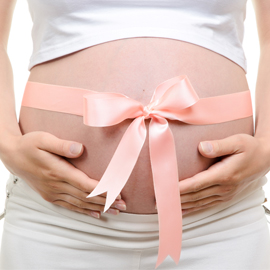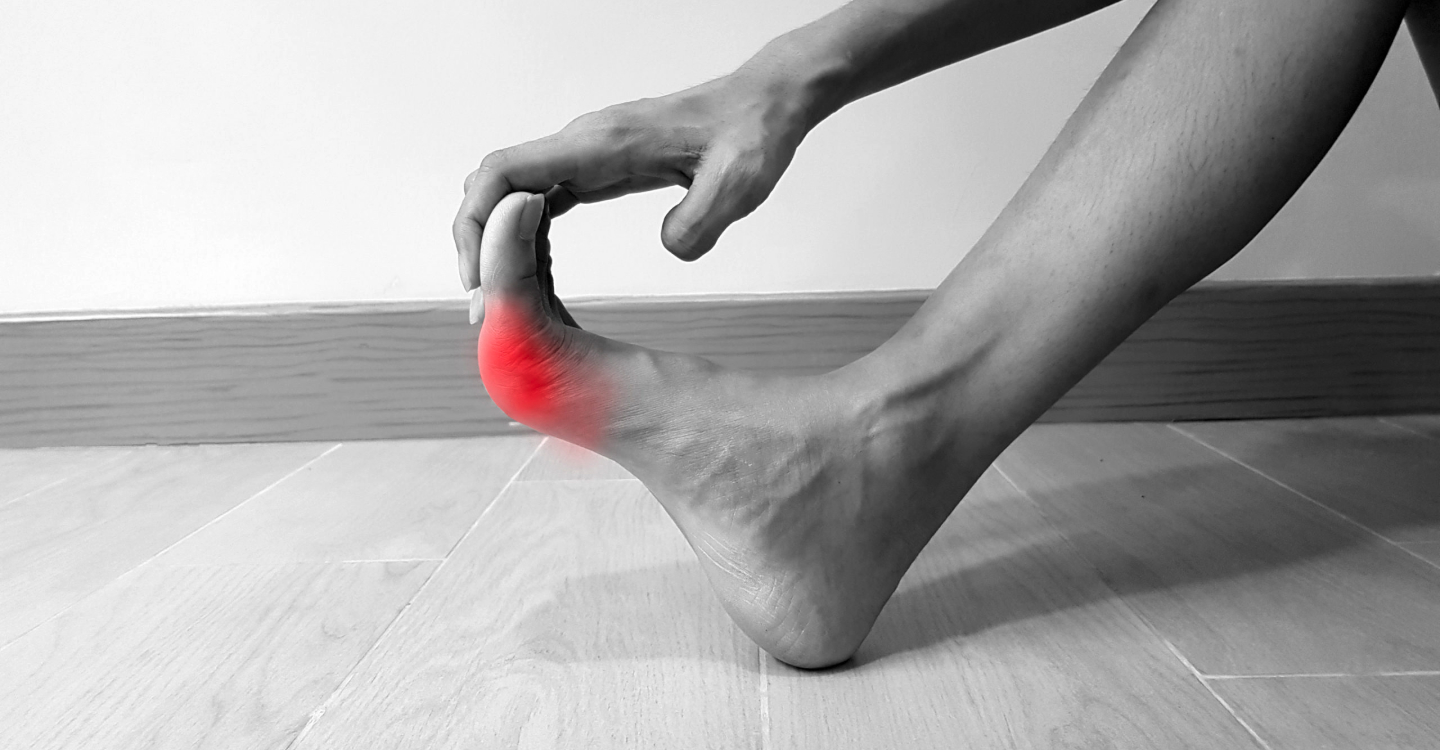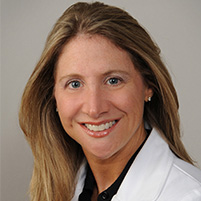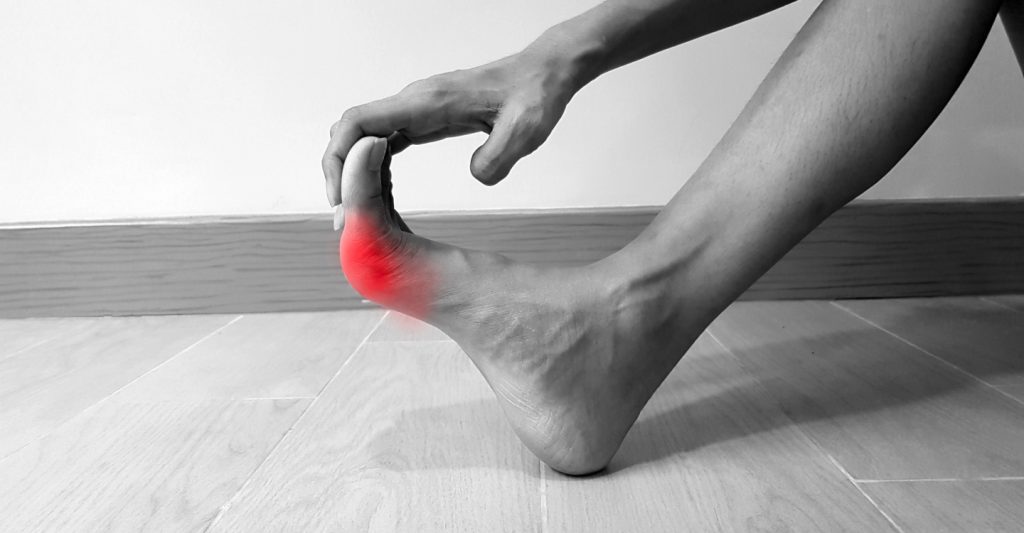
When it comes to changes in a woman’s health and body, pregnancy knows no bounds. From weight gain and appetite changes to skin care and mobility issues, most women are ready to have their body back by the time nine months are over. Unfortunately, things don’t always go right back to normal.
Among other issues that commonly develop during pregnancy, the excess weight around the stomach that comes with carrying a child brings a great deal of added pressure to the legs. This often leads to swelling and many times veins begin to stretch to accommodate the added weight. Ultimately, the combination of swelling and stretching causes many women to develop varicose veins—and much like pregnancy weight, the vein damage doesn’t always go away as soon as the baby is born.
It’s a Boy! It’s a Girl! It’s… a Varicose Vein
Varicose veins affect more pregnant women than you may realize. About 30 percent of first-time pregnancies result in varicose veins, while more than half of all women who become pregnant develop the condition. There are many ways to treat varicose veins, but many of them aren’t recommended during pregnancy.
However, if you leave vein treatment until after the child is born, the damage may already be done. And once your new child is born, treatment for varicose veins may not be the most pressing issue on your mind.
Many mothers-to-be are surprised by the similarity between the general symptoms of pregnancy and the symptoms of varicose veins. Varicose veins leave your legs feeling tired and achy, but this is something that most pregnant women experience perpetually.
Other symptoms to watch for in your legs during pregnancy include:
- Restlessness
- Tension
- Heaviness
- Tingling sensations
- Swollen calves, ankles, and feet
- Muscle cramps
These symptoms can develop as a result of the extra pressure, but can sometimes indicate a greater concern like varicose veins. It is best for pregnant women to remain aware of these and other changes in their bodies and obtain the support they need to find treatment for varicose veins in Boca Raton.
There are a few steps that pregnant women can take to reduce their risk of varicose veins during pregnancy. Try to avoid sitting or standing for too long at one time and steer clear of overly hot temperatures like those you exposed to while taking a hot bath, relaxing in a sauna, or sunbathing. Compression stockings can also be helpful in preventing and treating varicose veins during pregnancy.
Don’t attempt to start any varicose vein treatment or prevention program on your own—especially while pregnant. Dr. Schoenhaus will talk with you to develop a health and wellness plan tailored to your needs.



